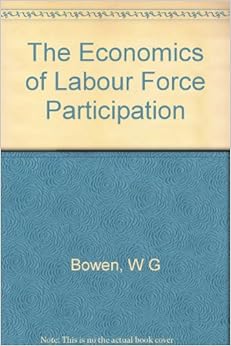Perhaps my favorite economics book is John Maynard Keynes' Economic Consequences of the Peace, which used the Laffer curve (before Laffer himself was born) and other economic ideas to correctly predict disaster following the Treaty of Versailles (ending World War I).
Woodrow Wilson appears throughout the book, at best as a buffoon and at worst as a villain. Keynes writes,
The President was ... lacking that dominating intellectual equipment which would have been necessary to cope with the subtle and dangerous spellbinders.... (p. 25)
...the President had thought out nothing; when it came to practice his ideas were nebulous and incomplete. He had no plan, no scheme, no constructive ideas whatever for clothing with the flesh of life the commandments which he had thundered from the White House. (p. 27)
...he was in many respects, perhaps inevitably, ill-informed as to European conditions. And not only was he ill-informed--that was true of Mr. Lloyd George also--but his mind was slow and unadaptable. (p. 27)
(page numbers are from the Royal Economic Society's 1971 edition).

Keynes may not have told the truth, but I have wondered what the scholars at Princeton thought about having the "slow and unadaptable" mind put on a pedestal on their campus.
Princeton is probably thinking about selling the naming rights of the Wilson buildings etc. But if they wanted to stick with a Princeton President, I am a fan of William G. Bowen, who (with Chicago alumn T. Aldrich Finegan) wrote



No comments:
Post a Comment